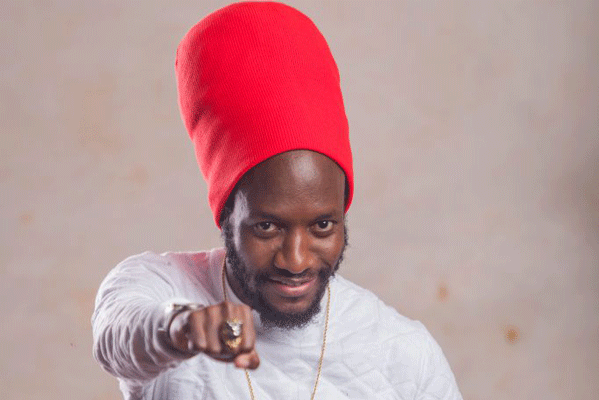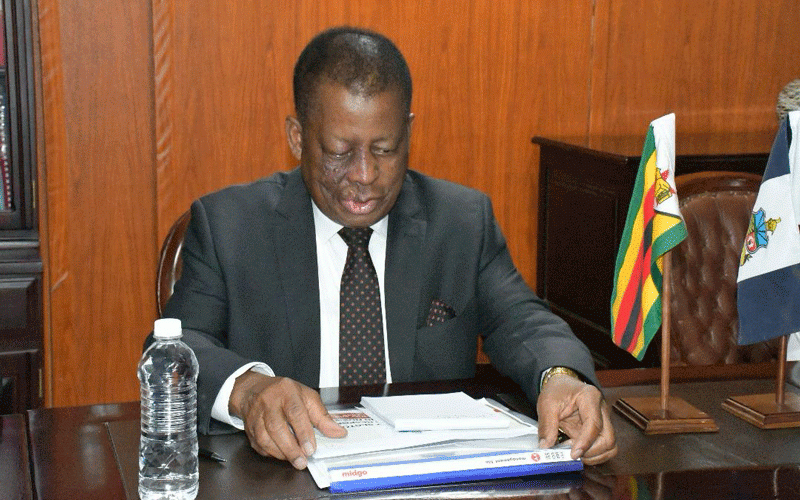
Zimdancehall artists have turned out to be the voice of the disenfranchised by exposing the authorities who are failing to address problems facing the country.
By Tafadzwa Ufumeli
Dancehall artists who in the past were associated with dirty lyrics, drug abuse and unruly behaviour have come out of their shells to become the voice of reason.
Artists such as Winky D, Tally B, Maggikal and Hwindi President, among many others, have taken the bull by its horns to sing socially-conscious lyrics that cut deep, given the country’s economic turmoil. They highlight issues to do with corruption, unemployment, poverty and poor service delivery, which have made them the darling of many.
Social commentator Blessing Vava said Zimdancehall had become popular among youths through its lyrical content and had transformed the musical landscape.
“Zimdancehall has totally changed the country’s music landscape, as it has grown to be a popular genre. It is dominated by youths who live in high-density suburbs such as Mbare and there is no doubt it has influenced the minds of many young people, though this is mostly portrayed in bad light,” he said.
The issues being raised by the youthful artists resonates with what is obtaining on the ground as statistics point to an over 85% unemployment rate in the country.
Dancehall chanter Tally B in his song Hapana-Hapana expresses unhappiness over how the youths are being denied the chances to prove their worth and how they are failing to access the “national cake” despite being talented and educated.
- Chamisa under fire over US$120K donation
- Mavhunga puts DeMbare into Chibuku quarterfinals
- Pension funds bet on Cabora Bassa oilfields
- Councils defy govt fire tender directive
Keep Reading
His lyrics expose how the rundown economy is causing young people to hopelessly wake up in the morning in search of jobs . He laments how university graduates have been reduced to vendors.
“Ever since we completed school, we have not been able to secure any employment and although we have academic certificates, we have turned into barbers, vendors and street roamers,” Tally B sings in Shona.
“I would say that most of these Zimdancehall artists have been able to respond to the socio-economic crisis, adding consciousness among the ‘born frees’ with refreshing lyrics, some of which have become popular terms to describe the situation in the country,” Vava said.
Another chanter, Hwindi President also brings the issue of unemployment to the fore in the song Tsvagai Mabasa.
He uses satire to show that it is useless to look for employment as there are virtually no jobs in Zimbabwe.
Veteran musician and producer, Clive “Mono” Mukundu said: “Yes, some dancehall artists are moving towards socially-conscious lyrics, which is a positive thing compared to the dissing that was associated with the genre. Dancehall music would be good for such messages as it is well-received by the younger generation.”
The space for employment is fast disappearing as nearly 50 000 people lost their jobs since July last year. In the first half of this year, more than 200 companies shut their doors, further shrinking the employment space.
Winky D, one of the most celebrated chanters in the country, in his latest song titled 25 off his album Gafa Futi, shares how he hoped to have achieved so much in life by the time he reached 25 years. The artist sings, wishing that by the time they reach 25 years, young people would have accomplished something like owning a car, having a house and a good life.
“To write the song 25, I got inspiration from objective reality, trials and tribulations of life of the ordinary people in society,” the Ninja President told The Standard Style.
He lamented the dwindling opportunities stemming from the harsh economic environment, as university graduates fail to find jobs, prompting them to resort to sports betting.
“I used to think education was a right, but now I have opened my eyes, life is a struggle. Not a day passes without me betting but there are no profits because we do the deals as a group,” he said.
Midlands State University chairperson in the department of music and musicology, Terminus Matiure said: “It was time that these artists sing about individual expression. It is good that they are becoming the voice of the community.”
In the song Havazvizive, Maggikal wishes that the elite such as Finance minister Patrick Chinamasa and Wicknell Chivayo, among others, would leave their lavish lifestyles.
He challenges the two to swallow their pride and join millions of the unemployed and experience the excruciating pain and trauma of waking up daily searching for jobs and spending months without water.
He blasted the vain promises by government to develop most communities.
“I am seeing a slight positive change in their music. Although it was previously portraying a bad picture, it’s now a serious way of expressing the problems being faced by many in the communities,” added Matiure.
Most of the dancehall artists who are singing these songs were born and bred in the high-density suburbs. Maggikal lives in Highfield while Hwindi President grew up in Chitungwiza where he is a commuter omnibus tout. Tally B was born and bred in Mabvuku while Winky D, who now lives in Zimre Park, spent the better part of his life in Kambuzuma.











